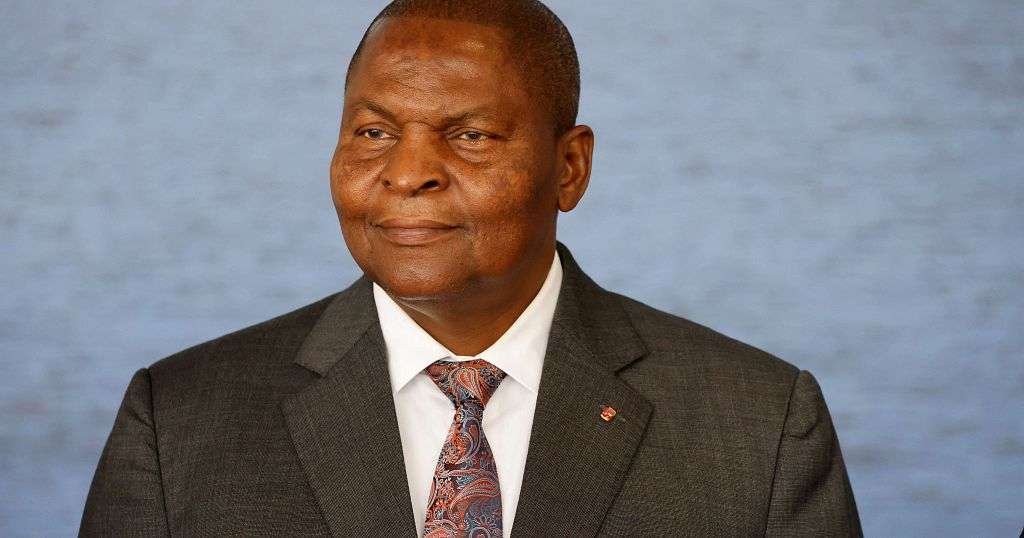Bangui, Central African Republic – (African Boulevard News) – The announcement of a referendum on a new Constitution by the Central African Republic (CAR) President, Faustin Archange Touádera, has elicited mixed reactions from the citizens. The referendum is scheduled to take place in July, and it has caused waves of anticipation in the country as it seeks to put an end to a decade-long crisis.
The proposed Constitution is expected to replace the current one adopted in 2015 and would see the reduction of the presidential term from six to five years. It would also limit the President to serving only two terms and create more opportunities for women and young people in politics. The referendum is seen as a step towards achieving stability in a country that has been plagued by sectarian violence for years.
In response to this announcement, some Central Africans have expressed their support for the proposed Constitution, lauding the efforts of the President to make the country more democratic. They view it as a long-awaited opportunity to effect change in the country’s governance system.
One resident, Jean-Pierre, said, “I think it’s great news that we are finally getting a new Constitution. It will provide us with the opportunity to build a new CAR that is better than what we have now.”
However, some Central Africans are skeptical of the referendum’s outcomes, pointing out that the proposed Constitution is not inclusive enough. They argue that the drafters should have done more to include the views of all stakeholders in the process.
Annie Kanimba, an activist, said, “The Constitution was drafted without the input of all the stakeholders, and it still has some flaws. There are still critical issues that must be addressed before we can accept it.”
Despite these reservations, some believe that the referendum could be the first step towards stability, reconciliation, and good governance in the country. They urge their fellow citizens to support the referendum and work towards building a better future for the Central African Republic.
In conclusion, the proposed Constitution and the upcoming referendum present an opportunity for the Central African Republic to chart a new course towards democracy, inclusivity, and stability. While some are optimistic about the changes, others are more hesitant, concerned with the Constitution’s potential shortcomings. Regardless of one’s position, the referendum’s outcome will have a lasting impact on the country’s future.

